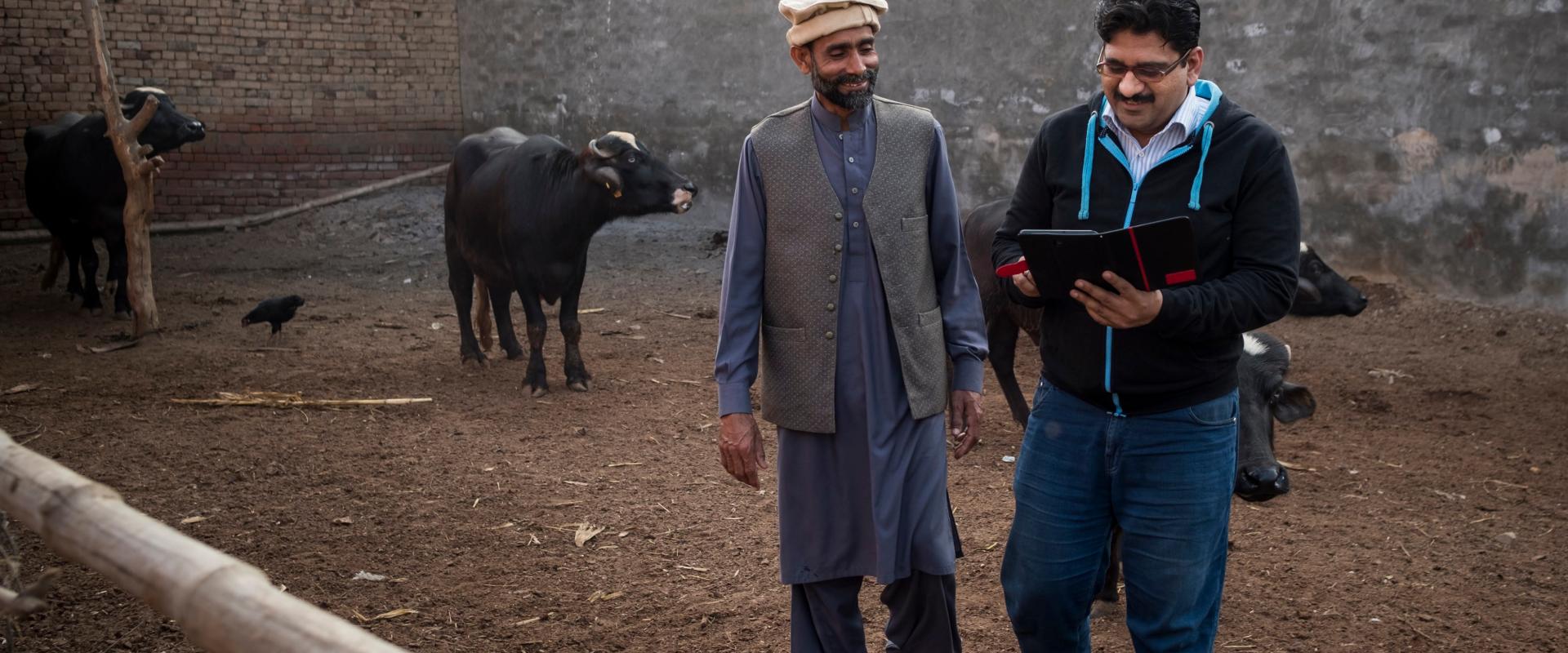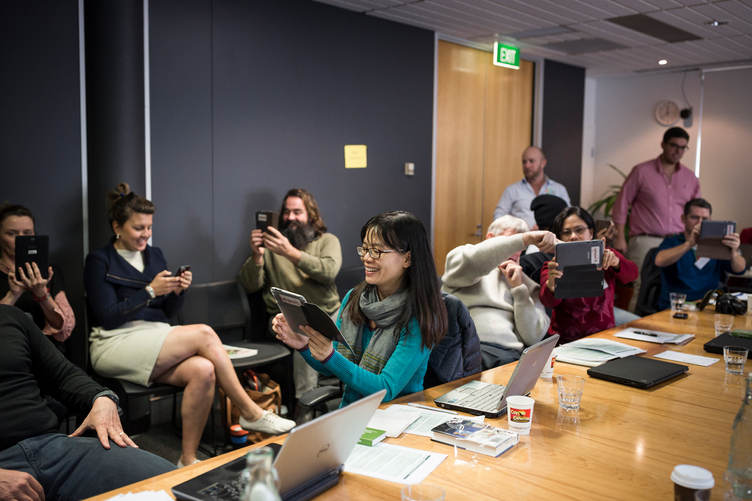Mobile Acquired Data (MAD) uses mobile devices (such as smartphones and tablets) to collect data digitally through mobile applications. This replaces traditional ‘tried and tested’ pen and paper systems for recording and managing data.

MAD 1: The Bali Pilot
In response to the growing interest in digital data collection in ACIAR projects, the Australian Centre for International Agriculture Research (ACIAR) commissioned Oikoi (formerly known as AgImpact) to complete an assessment of available mobile-acquired data (MAD) platforms. This assessment included both a desktop review of available platforms and a series of field tests of the best platforms within a typical ACIAR project in Indonesia. Known as the 'Bali Pilot', this provided proof of concept for digital data collection in the ACIAR project context using the CommCare platform, and led to further MAD research activities being commissioned.

MAD II & III: Scaling Up & Training
In 2016, Oikoi was commissioned to help evaluate the impacts of adopting mobile acquired data at scale. Oikoi ran a masterclass in using the CommCare platform for developing customised mobile data collection apps in ACIAR research projects. The masterclass was attended by 20 researchers from 14 organisations. It included nine sessions introducing mobile acquired data and addressing the most common issues surrounding its use in international research.
After the masterclass, four ACIAR projects (in Pakistan, Vietnam, Myanmar and Vanuatu) adopted mobile acquired data (MAD) in their research activities. In MAD II, Oikoi evaluated the time and financial costs associated with adopting mobile acquired data, along with the reported benefits. Oikoi also recorded the perceptions and feedback from individual project staff and in-country partners. Dimagi, the creators of CommCare, provided in-kind support to the projects via free advanced software licences and participated in training activities. Meanwhile, in MAD III Oikoi tested the Dimagi Maturity Model and developed a new implementation methodology to help projects adopt digital data collection within their own unique settings and tailoring the technology to their own specific needs. Specialised training in CommCare app building was developed and delivered to each project by Oikoi. Several short films were made to document the experiences of scaling out MAD in ACIAR research projects and a final showcase was held to present all findings in mid-2017.
MAD IV: A common platform for programs
A final research activity was commissioned by ACIAR to explore the value of adopting a common mobile acquired data platform across multiple projects in a single research program. The 'Transformative Agriculture and Enterprise Development Program' (TADEP) in Papua New Guinea was selected to pilot program-wide adoption of CommCare. Five research projects within this program worked with Oikoi to adopt MAD apps. Oikoi also provided institutional training to the National Agricultural Research Institution in Papua New Guinea.



